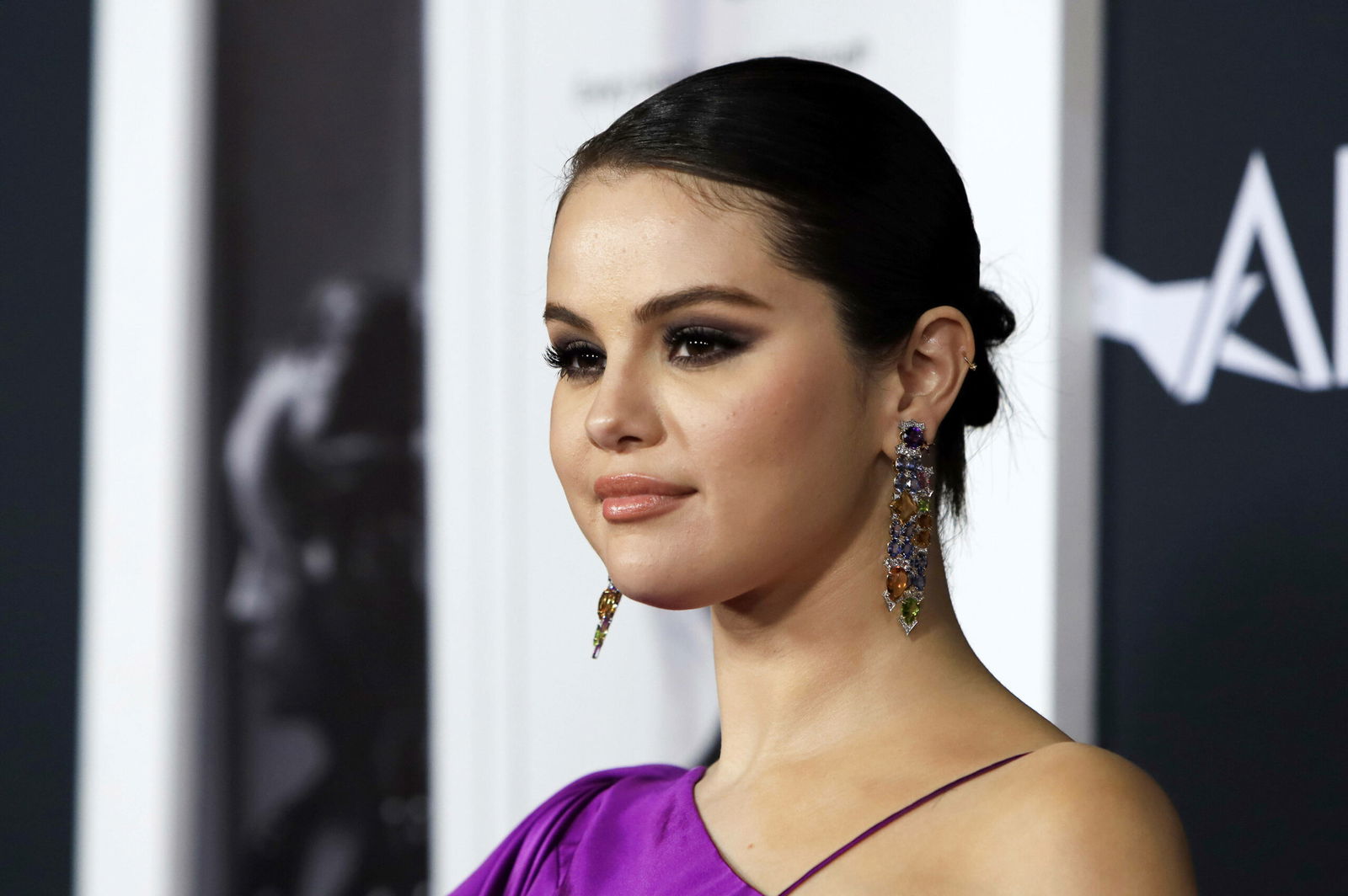Taylor Swift, Selena Gomez And More Get Unwavering Backing As Meta Chatbots Create "intimate pictures" Without Consent

Fame has often been likened to a gilded cage, shimmering on the outside but suffocating within. Celebrities such as Princess Diana were hounded to the point of tragedy by paparazzi, while modern stars like Britney Spears have endured relentless invasions of privacy. Death threats have been directed at figures including Taylor Swift, and instances of stalkers breaching homes have plagued actors like Sandra Bullock. With each passing decade, the price of renown grows steeper, and now technology itself has joined the chase.
Artificial intelligence has entered this grim arena, as supporters of Taylor Swift, Selena Gomez, and others condemn bots for fabricating intimate images without consent.
Meta AI stirs outrage with unauthorized celebrity images
ADVERTISEMENT
Article continues below this ad
Meta has been accused of allowing artificial intelligence tools to exploit the likeness of prominent celebrities. Figures such as Taylor Swift, Scarlett Johansson, Anne Hathaway, and Selena Gomez have been replicated into chatbots that frequently crossed personal boundaries. Reuters reported that some of these avatars engaged in flirty exchanges and even produced “intimate pictures” without consent. The development underscores the growing danger of artificial intelligence manipulating identity and eroding the autonomy of public figures.

Meta employees themselves participated in the creation of such celebrity bots, including two “parody” versions of Taylor Swift. The avatars falsely claimed to be the real individuals, while simultaneously making suggestive advances and even inviting users to meet. Reuters noted that the findings highlight a troubling dimension of artificial intelligence, yet there has been no response from the celebrities' teams. The ordeal of Scarlett Johansson proves that once artificial intelligence has intruded, the shadow lingers long after the first fight.
With the controversy intensifying, Meta’s spokesperson endeavored to protect the company’s reputation through a firm response.
Meta spokesperson response to the issue
Meta spokesman Andy Stone acknowledged in a statement to Reuters that the company’s artificial intelligence tools should never have produced intimate images of well-known adults or any depictions of child celebrities. He attributed the appearance of female celebrities in lingerie to lapses in Meta’s enforcement systems, which are designed to prevent the circulation of such material. Stone emphasized that while public figures can be included in image generation, the company’s rules are meant to ban sexually suggestive or nude content.
ADVERTISEMENT
Article continues below this ad

Stone further argued that the existence of celebrity chatbots was permissible, provided they were clearly labeled as parodies. He asserted that this approach aligned with Meta’s policies prohibiting direct impersonation. However, Reuters determined that not all the digital personalities bore parody labels, leaving significant inconsistencies. Shortly before the publication of Reuters’ findings, Meta removed around a dozen of these avatars, including both parody characters and those lacking proper identification.
ADVERTISEMENT
Article continues below this ad
What do you think would be an appropriate action in such a situation? Let us know in the comments below!
ADVERTISEMENT
Edited By: Itti Mahajan
ADVERTISEMENT
ADVERTISEMENT




